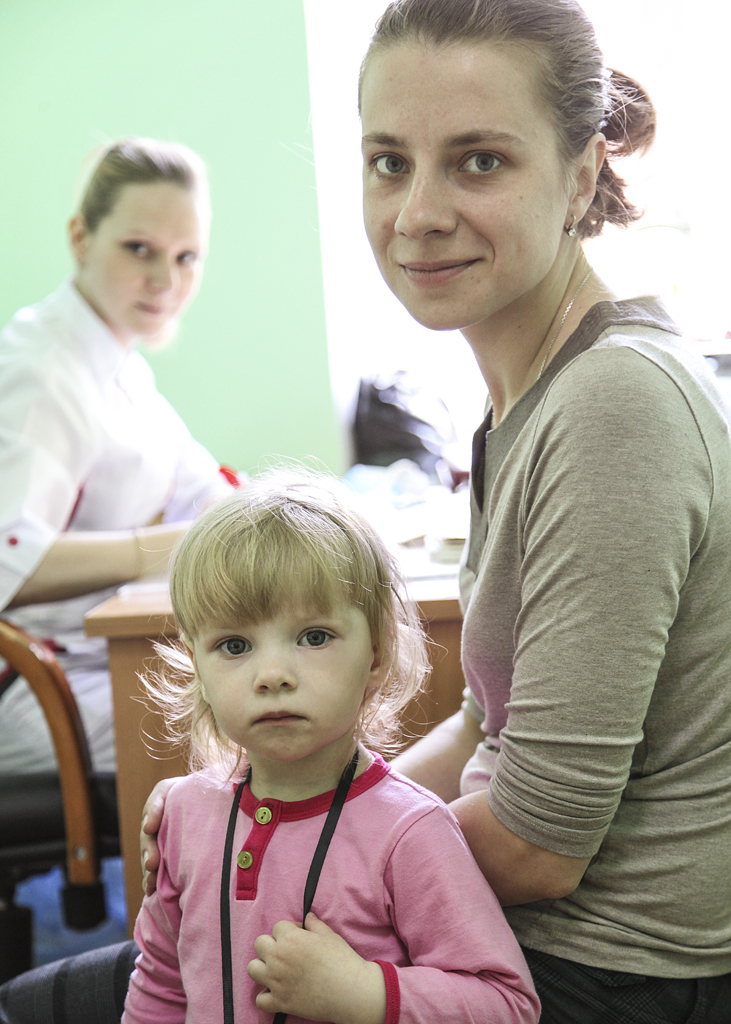 RVF conducted a post-vaccine introduction epidemiological research on pneumococcal disease. The first three years of the study focused on the Russian Federation, Bulgaria and Kazakhstan. Results from this first phase of the study have been published here. The following three years expanded the geographic scope to include Uzbekistan.
RVF conducted a post-vaccine introduction epidemiological research on pneumococcal disease. The first three years of the study focused on the Russian Federation, Bulgaria and Kazakhstan. Results from this first phase of the study have been published here. The following three years expanded the geographic scope to include Uzbekistan.
In 2015 the RVF successfully completed the pilot vaccination program of infants in St. Petersburg against pneumococcal disease using the pneumococcal conjugate vaccine (PCV). This program, carried out in cooperation with the St. Petersburg Health Committee and the Ministry of Health, demonstrated the wide acceptance of PCV and was followed by the inclusion of the vaccine in the national immunization schedule for all infants in the Russian Federation. Today the Russian government has made PCV available for the routine vaccination of all infants.
In recognition of the importance of continuing the epidemiological monitoring of the prevalence and changes in the pneumococcal serotypes causing life-threatening diseases in the era of post-vaccination, RVF has created a collaborative network of leading Russian and other microbiological research laboratories across the countries included in the study in order to conduct a six-year epidemiological study.
The target population of the study consisted of vaccinated and unvaccinated children under 5 years, including healthy children as well as children diagnosed with such serious diseases as acute respiratory infection, community-acquired pneumonia and acute otitis media. Using the expertise of the Russian research centers, such as the St. Petersburg Children’s Infectious Disease Institute, the Moscow Central Epidemiology Institute, the Moscow Scientific Center of Child Health, and the Smolensk Research Institute of Antimicrobial Therapy, the study generated reliable data on the prevailing Spn serotypes. The results of the study will allow health experts to make evidence-based assessments of the epidemiological impact of routine vaccination using PCV and to determine the most effective immunization strategies to protect the population, especially young children and the vulnerable elderly, from the scourge of pneumococcal disease.